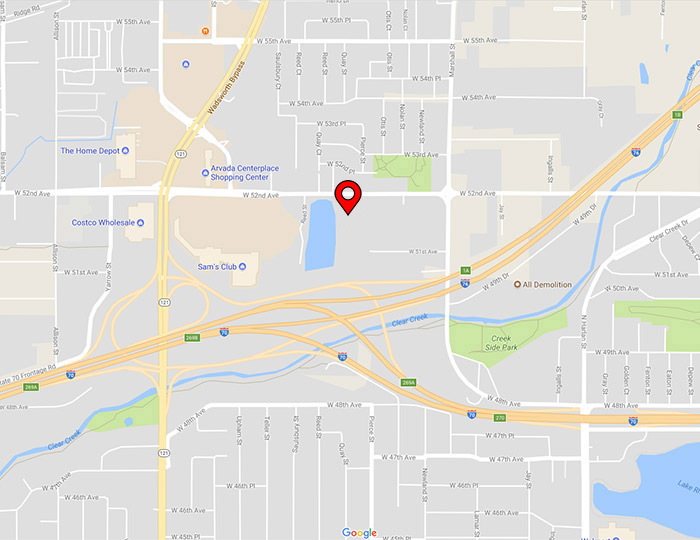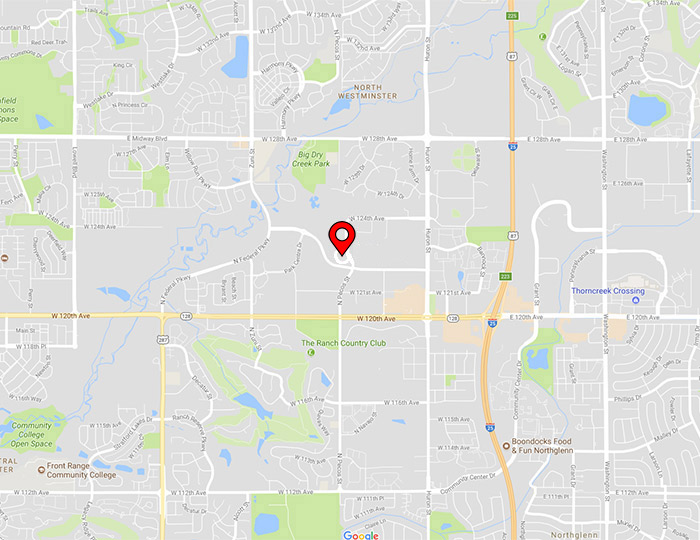Dizziness is a blanket term used to describe any feeling of unsteadiness. It is one of the leading health complaints in the United States, affecting an estimated nine million people annually. For those over the age of 70 it’s the top reason for a visit to the doctor’s office. Balance problems are the result of your brain receiving false signals from the balance system, comprised of the inner ear, eyes and sensory nerves. It may sense movement and overcompensate, leading to a spinning sensation, weakness and faintness. There are many possible causes of dizziness and vertigo; our expert staff has the diagnostic tools to uncover the underlying cause of your disequilibrium, and treatment options to keep you on your feet and improve your quality of life.
Balance Disorders
A balance disorder is a condition marked by the symptoms of feeling unsteady or dizzy. Even while standing, lying or sitting still, a person with a balance disorder will feel as if they are moving, spinning or floating. While walking, people may feel as if they are tipping over. Primary symptoms include dizziness or a…
Balance Testing
With such a wide range of hearing and balance disorders, many of which have similar symptoms, it’s important for an ear, nose and throat doctor to make an accurate diagnosis in order to come up with a successful treatment plan. Diagnostic testing plays an important role in determining the condition responsible for a patient’s suffering.…
BPPV
Benign paroxysmal positional vertigo, commonly referred to as BPPV, is a vestibular disorder that causes vertigo. It occurs when calcium deposits in the inner ear become dislodged from the otolithic membrane and settle in the semicircular canals. Any change in the position of the head causes these tiny crystals to shift, triggering dizziness. Causes It…
Dizziness & Vertigo
Dizziness Dizziness, a blanket term used to describe any feeling of unsteadiness, is one of the leading health complaints in the United States, affecting an estimated nine million people annually. For those over the age of 70 it’s the top reason for a visit to the doctor’s office. Causes Dizziness is the result of your…
Re-Positioning Maneuver (Epley)
Benign Paroxysmal Positional Vertigo (BPPV) is one of the leading causes of vertigo among U.S. patients; repositioning maneuvers fortunately make the condition very easy to treat in most people. Repositioning maneuvers take only five to ten minutes and successfully treat BPPV in 85 percent of patients in just a few treatments. BPPV occurs when tiny…
Vestibular Neuronitis
Vestibular Neuronitis Vestibular neuronitis is disease of the vestibular nerve that causes severe episodes of vertigo. The vestibular nerve is responsible for sending messages from the inner ear to the brain. If the vestibular nerves in each ear are sending different signals, the result is an inability to feel balanced. Vestibular neuronitis is most common…
Vestibular Testing
Vestibular testing involves a series of tests that are administered when you are experiencing dizziness. They are used to determine whether symptoms of dizziness are being caused by the balance system of the inner ear. Diagnostic Tests for the Vestibular System The vestibular system is complex and responsible for many of the body’s functions. In…


